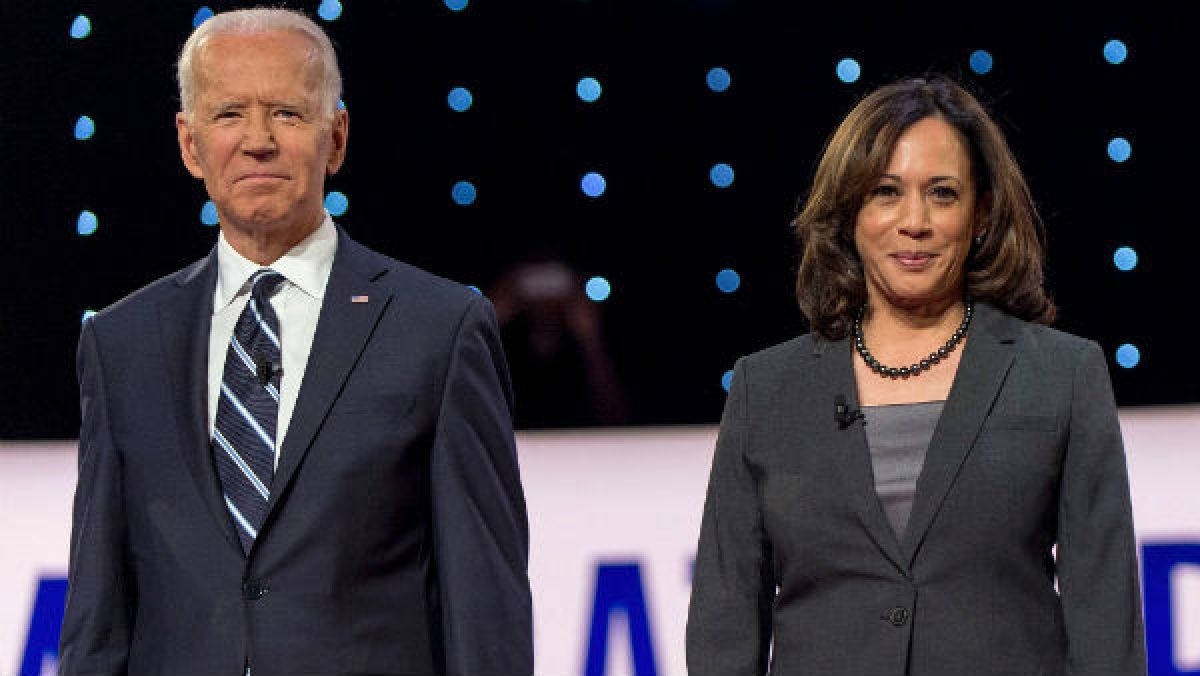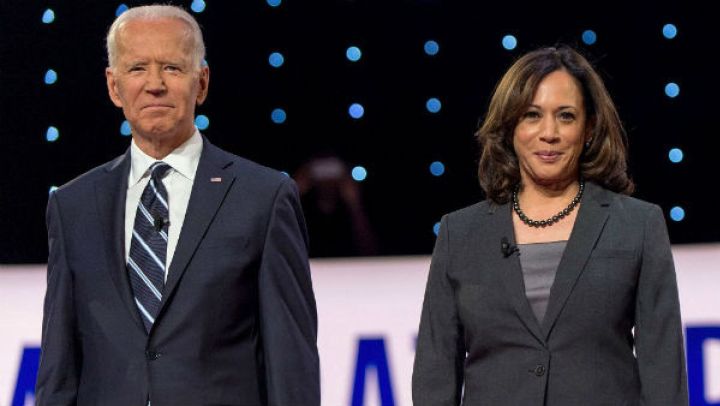Hindustan Times Editorial (24 August 2020) – United States (US) presidential candidate Joe Biden had one abiding goal during the just-concluded Democratic Party Convention — keeping his flock together. Mr Biden had to motivate his disparate sources of support — young liberal activists, middle-class suburban Whites, minorities, and moderate conservatives — to show up and vote for him in November. The US voter is prone to staying at home, a tendency likely to be exaggerated by Covid-19. The American Left has never been enthused by Mr Biden, and much of the convention saw their icons, such as former first lady Michelle Obama, giving him ringing endorsements. The convention also reached out to the party’s other diverse support groups, in terms of ethnicity, gender and sexual orientation. This is where vice-presidential candidate Kamala Harris came into her own.
The Democratic Party system backed Mr Biden because it believed only he could appeal to both the converted and the uncertain. Mr Biden also needed to reassure the independent, fence-sitting US voter. Many of these are defectors from the Republican Party, repelled by President Donald Trump’s character. It was no accident the convention had four moderate Republicans and an independent on its speaker roster. Mr Biden’s own acceptance speech kept policy pronouncements in the margins. The focus was on contrasting a future Biden administration with the ethical and ideological morass of another four years of Mr Trump. The almost biblical refrain he used was, bring “light” to the existing “darkness”. Going by media and a smattering of polls, Mr Biden was able to satisfy his base, but the middle will wait until Mr Trump accepts his nomination next week.
Mr Biden has maintained a lead over Mr Trump for six months in a row. But national polls are irrelevant in the US’ electoral college system. What matters is who wins the roughly dozen or so swing states and their electoral college votes. In these swing states, the race is much narrower. There is no expectation of a bounce in the polls after this or next week’s Republican Convention. Virtual summits generate less excitement and attract smaller audiences. Both candidates will preach to their own flocks and hope their message spreads further. It says something about the unusual nature of the present elections that the whims of a virus may yet prove the most important factor in deciding the winner.


